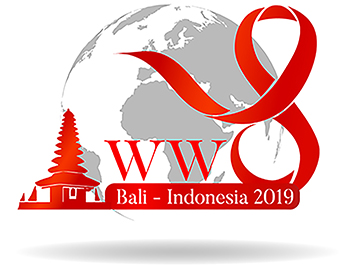Oral Medicine Department, Faculty of Dentistry, Universitas Airlangga, Surabaya, East Java, Indonesia.
Oral Medicine Clinic, Universitas Airlangga Dental Hospital, Surabaya, East Java, Indonesia.
Abstract
Objectives: Oral candidiasis caused by Candida spp. is a common opportunistic infection in HIV/AIDS patients. In many developing countries like Indonesia where HAART is not widely distributed, oral candidiasis increases morbidity among AIDS patients. The pathogenesis is associated with the immunodeficiency status due to low count of T-CD4+ lymphocytes although some cases have been reported in patients with T-CD4+ over 200 sel/mm3. This finding may alert clinicians to suspect HIV involvement in patients who have not been tested, and it also serves as a marker for the progression of the infection. Transgender people and induced-drug users (IDU) may be exposed to high risk behaviour that results in them being infected with HIV. However, they often refuse to take a diagnostic AIDS test. Oral opportunistic infections found in these patients may help clinicians to convince these patients of the benefits of undergoing AIDS serodiagnosis procedures. This study aimed to confirm AIDS serodiagnosis on transgenders and IDU community based on oral candidiasis finding.
Methods: Oral candidiasis defined by clinical and laboratory examination on 52 subjects from the transgender community and 55 subjects of IDU community. AIDS serodiagnosis was obtained by HIV rapid test and CD4+ count was obtained by flowcytometry. Data discussed descriptively.
Results: Oral candidiasis was diagnosed on 19 subjects (17.76%); 100% of them were confirmed HIV seropositive and 11.11% of them were at moderate CD4+ level.
Conclusions: Oral candidiasis found in a person with high risk behaviour may be a sign of HIV infection, and the patient can be more easily convinced to take AIDS serodiagnosis procedure.


